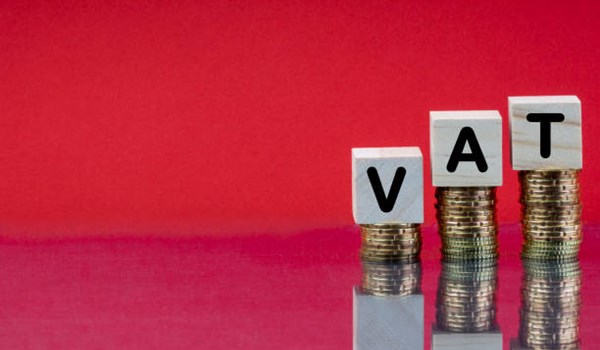Group of Seven countries are at odds over how to tax the world’s richest individuals as finance officials prepare for a meeting in Stresa, Italy.
An early draft communique contained language on exploring ways to enhance the exchange of information concerning the wealthiest individuals, according to people familiar with the matter.
The latest version no longer mentions the issue, said the people, who declined to be identified because the talks are private.

The US — which has by far the most such wealthy individuals — had wanted the item removed, according to people familiar with the matter. Germany, home to more billionaires than any other European country, has reservations about the issue, one of the people said.
“It’s not that I have any objection to imposing a reasonable level of taxation, and certainly a minimum level of taxation on very-high-income individuals in the United States,” US Treasury Secretary Janet Yellen told reporters. “I don’t favor this particular formulation of how to go about doing that.”
France is continuing to push for governments to negotiate rules that would echo deals between around 140 countries on a minimum levy for corporations and rules for taxing the world’s largest digital firms.
“For seven years as finance minister, I have fought for tax on digital giants, for a minimum tax on corporations,” French Finance Minister Bruno Le Maire said ahead of the meeting. “I’m planning to fight with the same determination for a minimum tax on the world’s biggest fortunes.”
As president of this year’s Group of 20 nations, Brazil has made implementing a global minimum wealth tax on billionaires its cause célèbre, enlisting France as a vocal backer.
Economist Gabriel Zucman, who is drafting a plan at Brazil’s request, told reporters in Rio de Janeiro this week that he wanted to create “a common standard to make sure that billionaires pay their fair share, that they pay some minimum amount of tax each and every year.” He said his aim is not to create a wealth tax, whereby the money would be redistributed internationally.
Countries in favor of the initiative are seeking to build on negotiations hosted by the OECD on rules for taxing multinationals that began in the aftermath of the global financial crisis.
Those talks dragged on for years and were repeatedly delayed by disagreements between Europe and the US on the treatment of the largest American firms.

The part of the OECD deal affecting tax on large tech firms is still some way from implementation, although officials said they expect the G-7 to signal more progress in Stresa.
The EU Tax Observatory — a network of academics based the Paris School of Economics — estimates that applying a 2% rate to the wealth of the world’s 2,750 billionaires could raise some $250 billion a year. Its research, backed by economist Joseph Stiglitz, shows that the very richest individuals face markedly lower tax rates than other groups.
“I know it seems like a big mountain to climb, but I was told the same thing about digital tax and we got there,” Le Maire said.
Even so, Yellen suggested that the US is a long way from reaching that point.
“President Biden and I are committed to progressive taxation,” she said. Even so, “I’m not supportive of an international negotiation that would involve all countries agreeing to do it and to redistribute the proceeds among countries based on climate and damage suffered from climate.”





